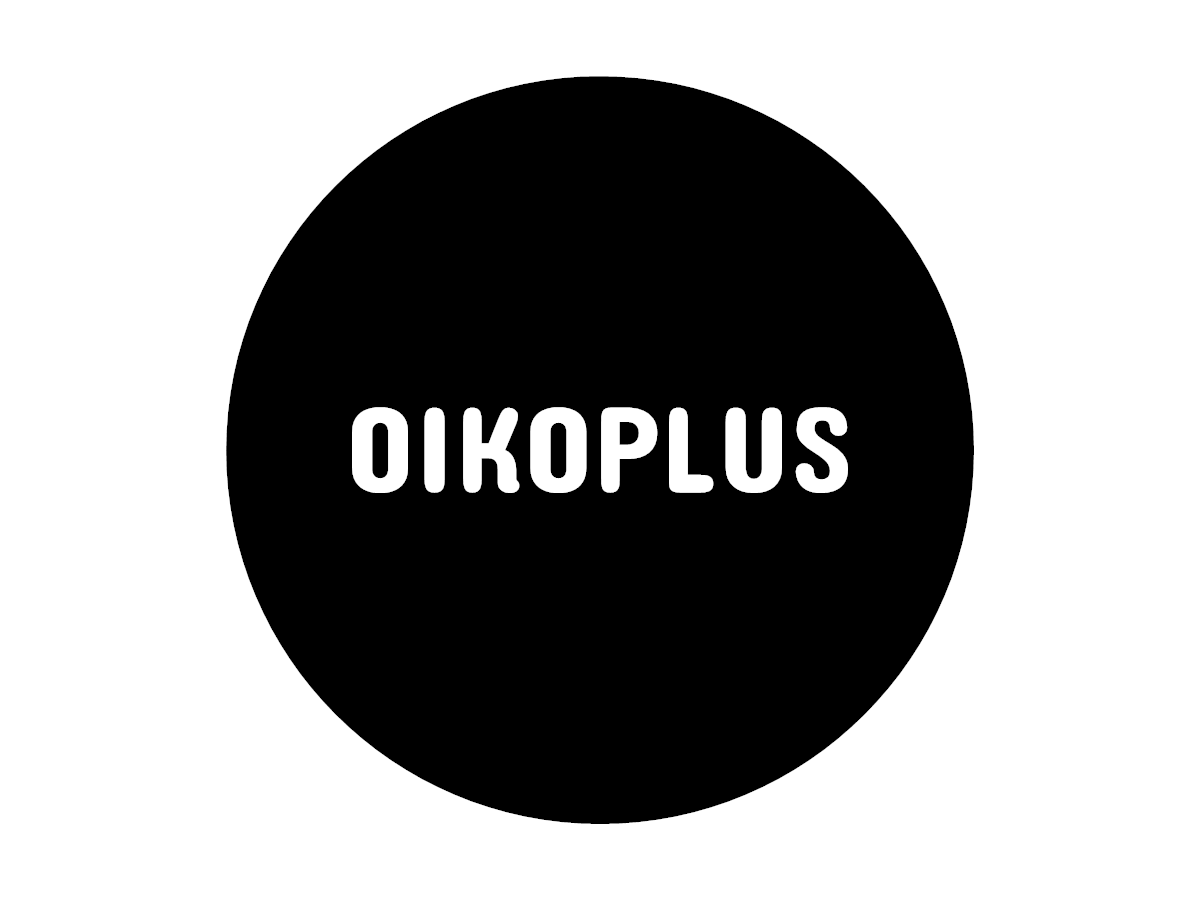In our projects at Oikoplus, we communicate science and research. They often involve new technologies, and often the promise that their use will tackle major challenges of our time. Technology solves problems. After all, that’s what it’s developed for. But should we really rely on new tech?
In our projects at Oikoplus, we communicate science and research. They often involve new technologies, and often the promise that their use will tackle major challenges of our time. Technology solves problems. After all, that’s what it’s developed for. But should we really rely on new tech? Just yesterday, the new climate report from the Intergovernmental Panel on Climate Change (IPCC) was released and once more it warns of drastic climate change consequences that are only getting worse. Can inventions really be the key in the fight against climate change? After all, greenhouse gas emissions are themselves a consequence of industrialized processes that were once considered technological innovations.
Perhaps the optimistic view of the technological future merely distracts us from the fact that the solution to the problem could have taken place long ago or in the present? And perhaps the real solution to the problem in many areas is less technology rather than more? Does techno-optimism often end up being greenwashing? The Financial Times Techtonic Podcast explores these questions in an episode from November 2022 that is well worth listening to.

Techno-optimism, over-optimism and powerful men
Also in November 2022, Elizabeth Zhu took on the topic of tech-optimism in an opinion piece on stanforddaily.com, a news portal run by students at Standord University. The university in Palo Alto, California, is considered the higher education campus of Silicon Valley. The region isn’t exactly known for being dismissive of future technology. Zhu notes that even in the wake of scandals such as data leaks or the spread of Russian disinformation, companies like Facebook parent Meta are perceived as attractive employers with a grand vision of human connectivity. According to Zhu, this optimistic view of technology leads to a specific problem: „When more people rely on the ‘all-in-one’ power of carbon sucking technologies or cloud-brightening initiatives, systemic causes of climate change such as fossil fuel mining and pollution are overlooked.”
Are technological solutions systematically used as a distraction from the causes of problems? A good introduction to this question is provided by the text “Over-Optimism in Technology and the Promotion of the Powerful Man” by Sofia Ribeiro and Viriato Soromenho-Marques, who conduct research at the University of Lisbon. They use the term technowashing in analogy to greenwashing. In this case, political actors deliberately direct all social hope in the direction of technology and the natural sciences in order to give the impression that solutions are already being worked on. It is precisely this technowashing that makes it possible to postpone the urgency of robust, integrated, ethical, equitable, and multidisciplinary measures and policies.

Techno-solutionism vs. techno-criticism
Another neat term, techno-solutionism, is used by Harry Surden in a symposium article in the Yale Journal of Regulation. Surden notes that techno-soultionism tends to glorify technologies such as artificial intelligence and unrealistically portray them as simple solutions to the much more complex, systemic problems in society. At the same time, however, techno-criticism tends to overemphasize the negative aspects of technologies, either by focusing excessively on potential future problems that may-or may not-occur, or by disproportionately emphasizing the borderline cases where a technology is problematic while overlooking other areas where it may incrementally bring significant societal improvements.
At Oikoplus, in all our project communication we try not to pretend that the projects provide conclusive answers to pressing questions. After all, each of our projects is always just one of many contributions to the scientific treatment of major challenges. We are convinced that technology can always make a decisive contribution. But in the end, it is people who use technology. That’s why the big answers lie in human behavior, not in the technology itself. This is true not only in the future, but also in the present.


